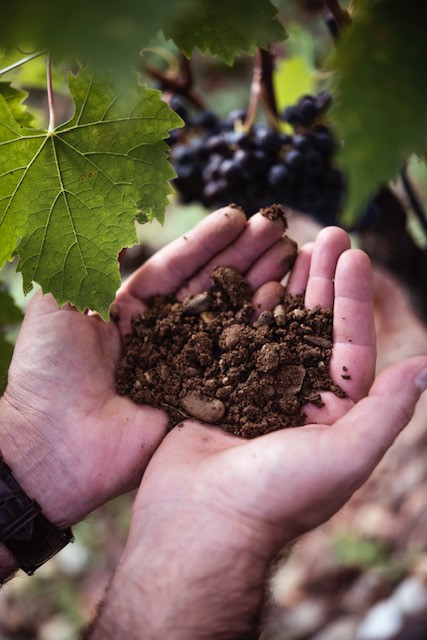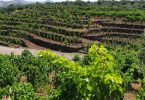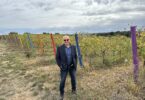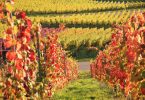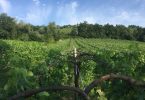The Wolf Post, supported by a Cultural Association, offers a professional service with free access, without subscription.
For this reason, a donation would also be a sign of appreciation for our work.
For the Tuscan Emiliano Falsini, the love for wine and the magical rural universe blossomed from an early age.
After completing the training course with a Degree in Viticulture and Oenology at the University of Florence, with full marks, Falsini understands that the solid cultural foundations must be supported by as many and no less significant professional experiences.
Thus he began a path of professional growth that will lead him to consolidate his training in the field at important wineries in California, New Zealand and Argentina. Over the years, he has strengthened his cultural background through targeted training courses, becoming a reference figure in the sector.
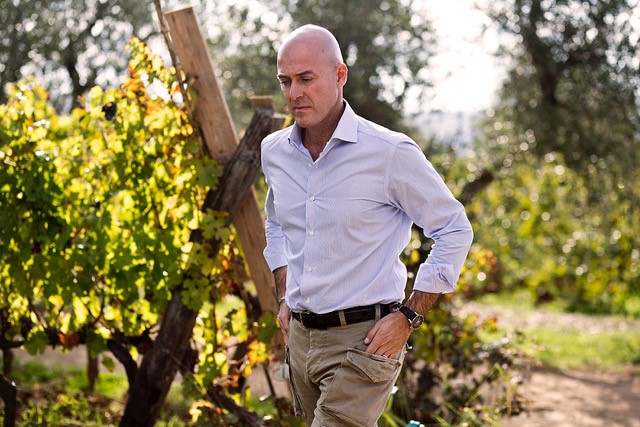
© Ph. Emiliano Falsini Enologo
How and when was the passion for wine born?
For those who, like me, were born in Tuscany and have always breathed country life, the passion for wine is the most natural thing that can happen.
When did you decide that the oenologist would become your profession?
As soon as I got to know Attilio Pagli and Alberto Antonini in the Matura Group, I realized that I wanted to be a consultant oenologist.
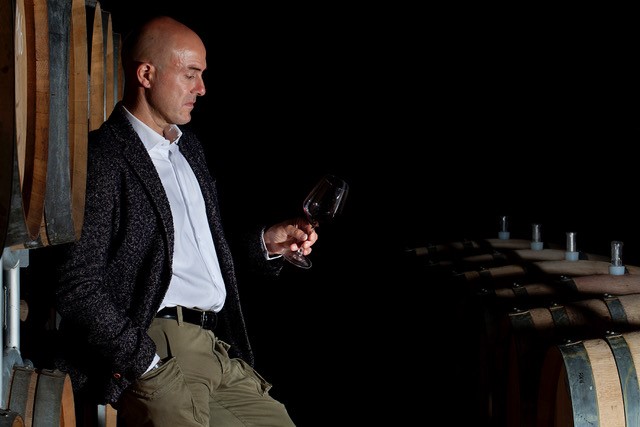
© Ph. Emiliano Falsini Enologo
How important is it for an oenologist to empathize with the people who take care of that vineyard and those hills?
Fundamental, without the esteem, respect and complicity of those who work in the vineyard and in the cellar, it is impossible for a Consultant to achieve the desired results.
In the collective imagination of wine lovers, therefore, non-professional, the sommelier is the best known figure within the “wine” chain while the oenologist works “behind the scenes”. How much, according to your experience, are the two figures (if they are), in opposition and how much, on the contrary, are they (if they are) complementary?
Oenologist and Sommelier are two fundamental figures in the wine supply chain but with very different roles. Surely, I don’t see how the two figures are in opposition. They are and must be actors of the same supply chain that both have the role of raising the knowledge of wine. On the one hand, the oenologist who constantly works in the search for the quality of wine and, on the other, the sommelier who plays a primary role in communicating it to the consumer in the right way.
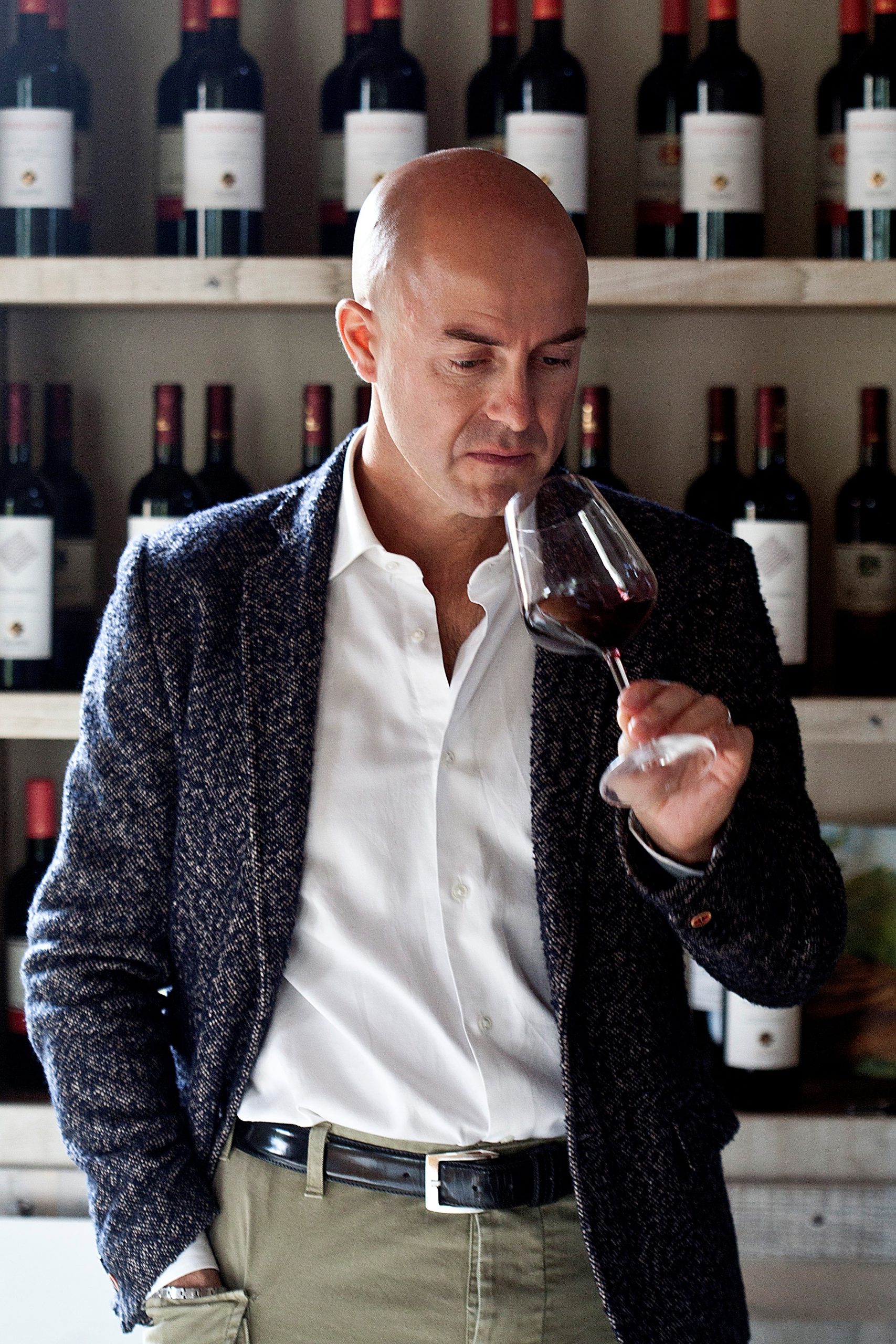
© Ph. Emiliano Falsini Enologo
The winemaker is also a controversial figure, acclaimed by most and criticized by others. You are accused of “creating” wines that must meet the canons of the guides, in short, please everyone. Fantasies, or is there, in some cases, a basis of truth?
I believe that a whole series of oenologists together with enlightened producers have allowed Italian wine to reach an important level of quality since the 1980s. Certainly, mistakes have been made related to particular historical moments and commercial trends, but it is undeniable that the figure of the winemaker is and remains central to most projects. If quality in Italy has spread across the board, it is also thanks to the work of both internal oenologists and consultants.
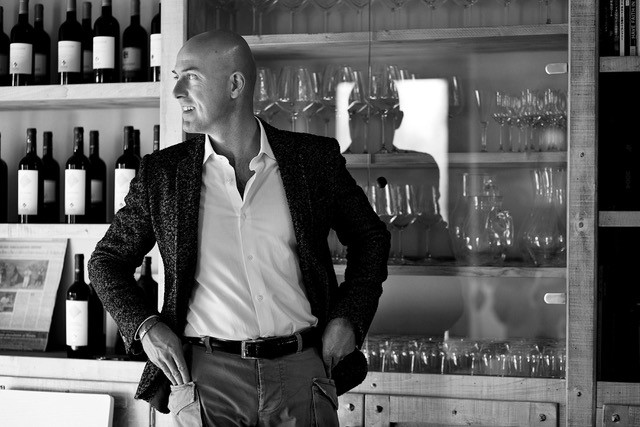
© Ph. Emiliano Falsini Enologo
One of your merits and flaws, professionally speaking.
I am a quality freak, I am not satisfied and therefore I always raise the qualitative bar in the companies with which I collaborate, I have the ability to interpret the wine of the various territories in which I work carefully and without ever putting my figure before the wine of the producer and this makes me very happy.
Defects? I often get emotionally involved in projects, leaving aside the working relationship.


